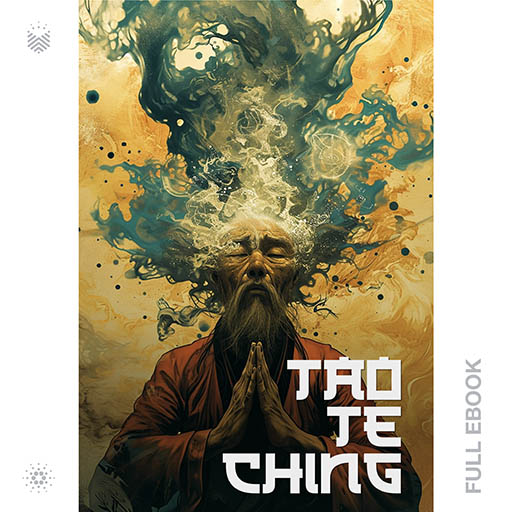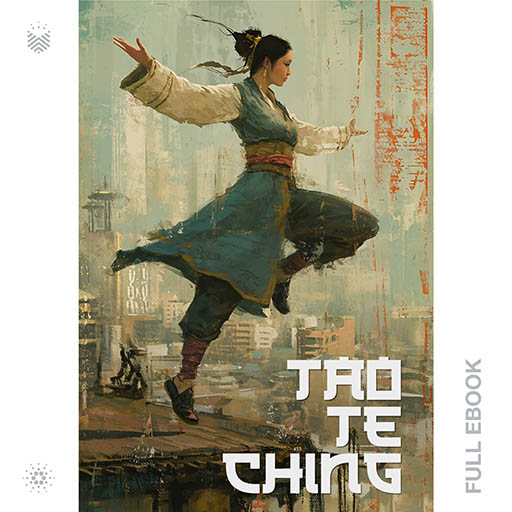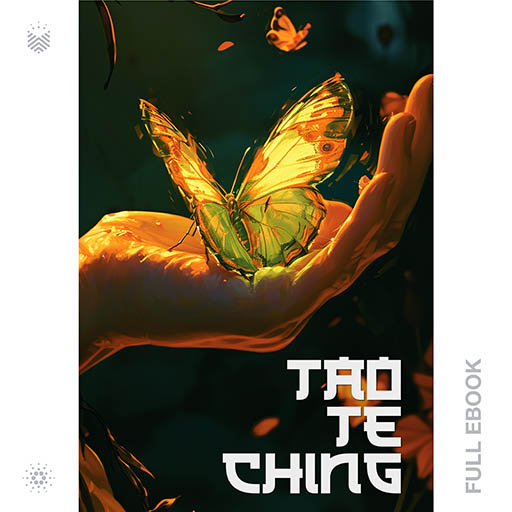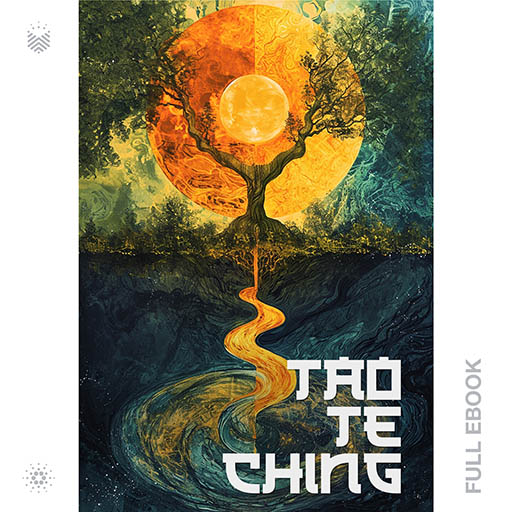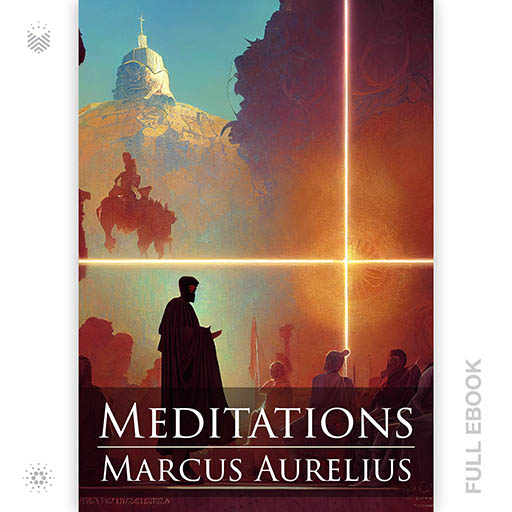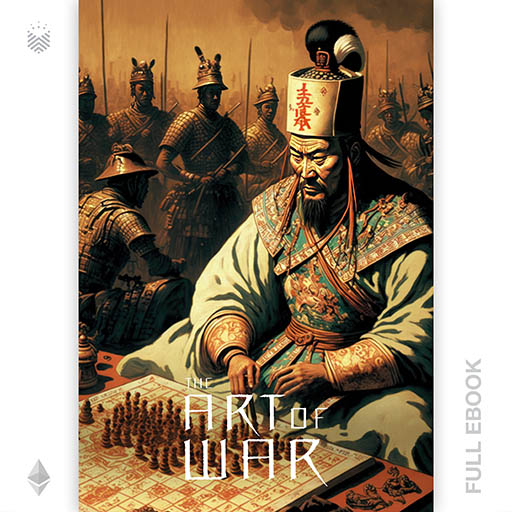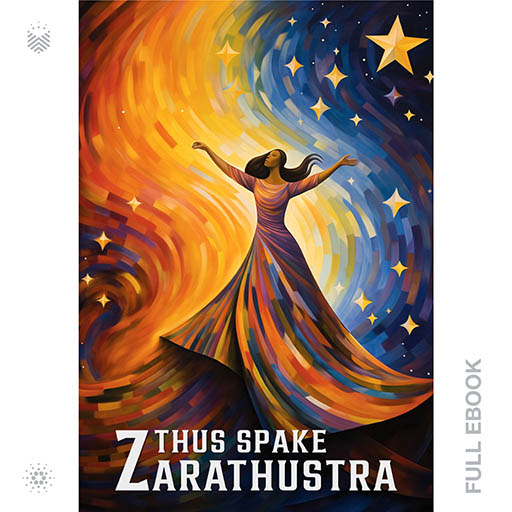Tao Te Ching
Sold Out - Available On:
jpg.storeThe “Tao Te Ching” is a foundational text in Taoism, an ancient Chinese philosophical and religious tradition, written around 400 BC.
It is a collection of 81 short chapters, each containing poetic and philosophical verses. The text explores the concept of the Tao (Dao), which can be translated as the “Way” or the “Path.” The Tao represents the fundamental and unnameable force that underlies and unifies the universe.
Description
The title can be translated as “The Classic of the Way and Virtue” or “The Book of the Way and its Power.” Traditionally, the text is attributed to Laozi, a sage believed to have lived in the 6th century BCE.
Key themes and concepts in the “Tao Te Ching” include:
- The Tao (Dao): Described as the source and essence of all existence, the Tao is both transcendent and immanent. It is the underlying principle that governs the natural order and the way things unfold.
- Wu Wei (Non-action or Effortless Action): The text emphasizes the idea of “Wu Wei,” suggesting that one should act in harmony with the Tao, allowing things to unfold naturally without force or unnecessary effort.
- Yin and Yang: The Tao Te Ching introduces the concept of Yin and Yang, representing the dualistic nature of reality. These complementary forces are in constant flux and balance, reflecting the interdependence of opposites.
- Simplicity and Humility: The text advocates for a simple and humble way of life, encouraging individuals to let go of desires, ego, and excess in order to attain inner peace.
- Leadership and Governance: The “Tao Te Ching” provides insights into effective and ethical leadership, emphasizing the idea that rulers should govern with compassion, humility, and a deep understanding of the Tao.
The “Tao Te Ching” has been translated into numerous languages, and it continues to be studied and revered for its wisdom and insights into the nature of existence, personal conduct, and governance. It has also influenced various fields, including philosophy, religion, and martial arts.
Numbered eBooks: 250
Number of Unique Covers: 16
Number of 1:1 Covers: 10
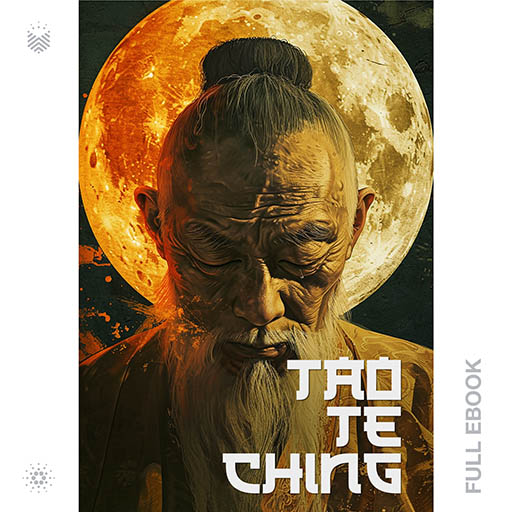
Laozi
1 Unique Designs
x 70 Numbered eBooks
= 70 NFT eBooks
eBook Numbers 180 - 249
(28.00% of Supply)
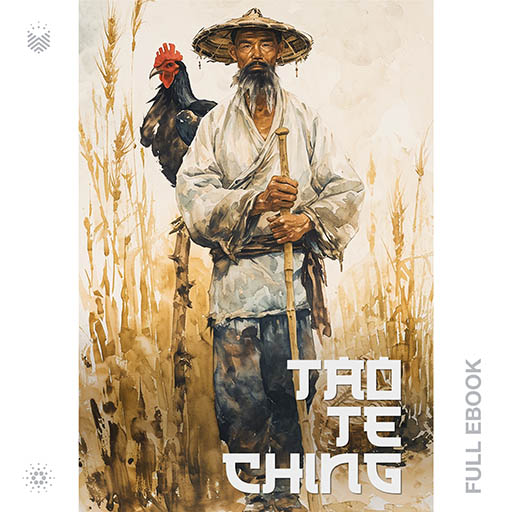
The Simplicity in Life
1 Unique Designs
x 60 Numbered eBooks
= 60 NFT eBooks
eBook Numbers 120 - 179
(24.00% of Supply)
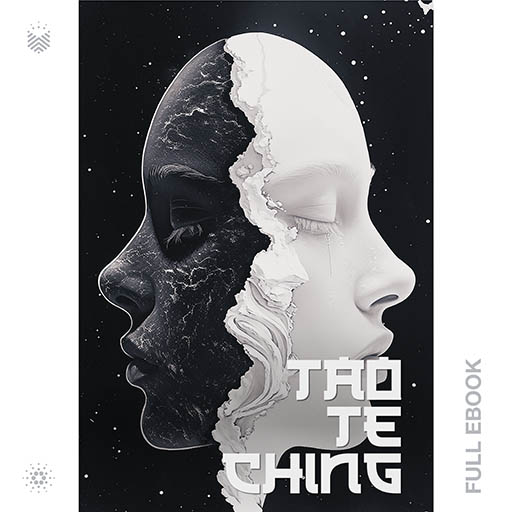
The Paradoxical Wisdom
1 Unique Designs
x 50 Numbered eBooks
= 50 NFT eBooks
eBook Numbers 70 - 119
(20.00% of Supply)
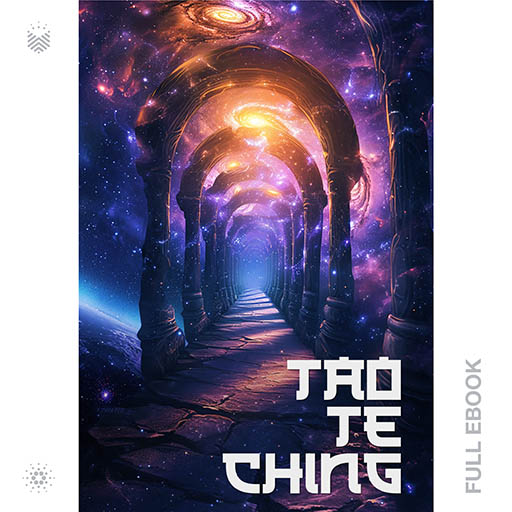
The Path Forward
1 Unique Designs
x 30 Numbered eBooks
= 30 NFT eBooks
eBook Numbers 40 - 69
(12.00% of Supply)
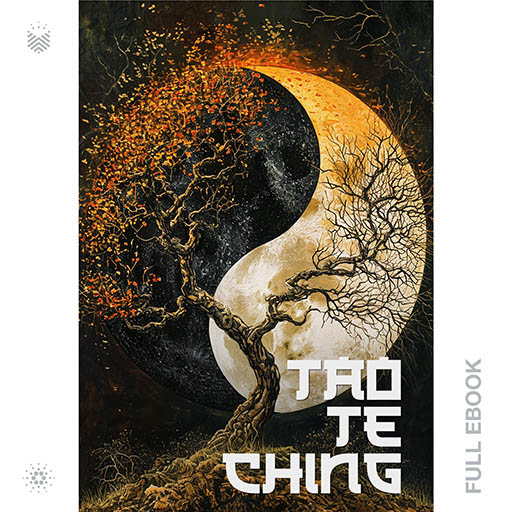
The Unity of Opposites
1 Unique Designs
x 20 Numbered eBooks
= 20 NFT eBooks
eBook Numbers 20 - 39
(8.00% of Supply)
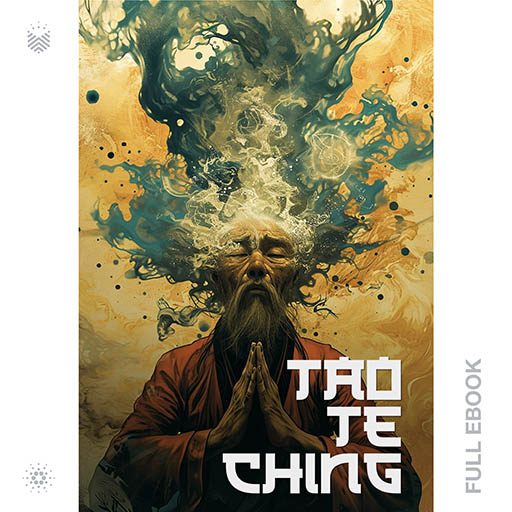
The Ancient Wisdom
1 Unique Designs
x 10 Numbered eBooks
= 10 NFT eBooks
eBook Numbers 10 - 19
(4.00% of Supply)
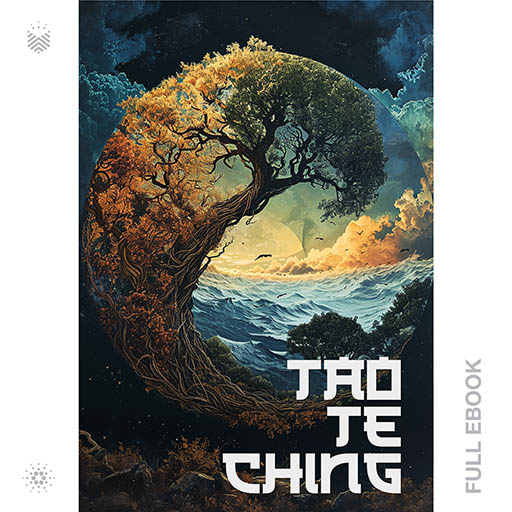
The Cycle of Nature
4 Unique Designs
x 1 Numbered eBooks
= 4 NFT eBooks
eBook Numbers 6 - 9
(1.60% of Supply)
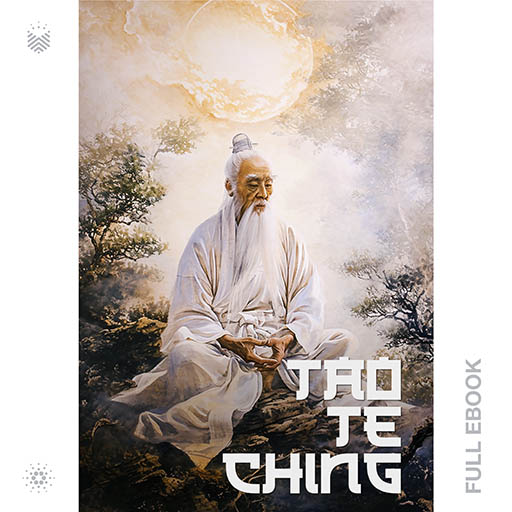
The Maintaining of Balance
3 Unique Designs
x 1 Numbered eBooks
= 3 NFT eBooks
eBook Numbers 3 - 5
(1.20% of Supply)
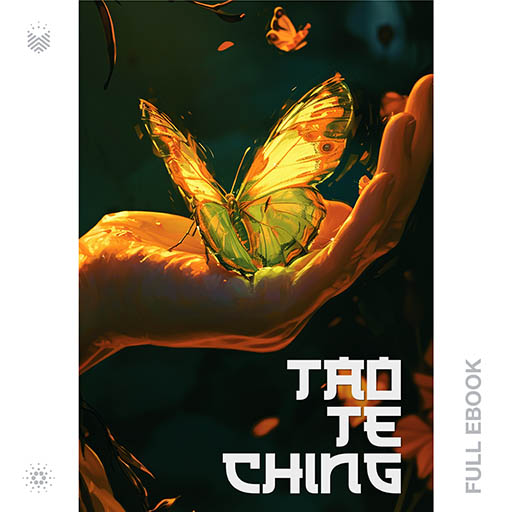
The Power of Gentleness
2 Unique Designs
x 1 Numbered eBooks
= 2 NFT eBooks
eBook Numbers 1 - 2
(0.80% of Supply)
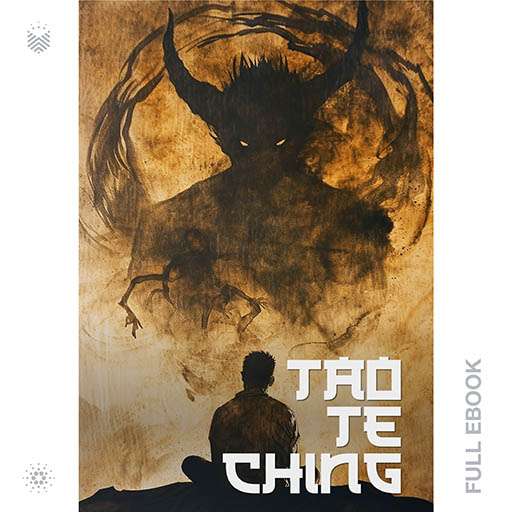
The Detachment
1 Unique Designs
x 1 Numbered eBooks
= 1 NFT eBooks
eBook Numbers 0 - 0
(0.40% of Supply)
Details
Publisher : Book.io
Series : Monday Meditations
First Publication Date : 400 BC
Author : Laozi
Genres: Classics, Non-Fiction, Philosophy, Poetry, Religion, Spirituality
Language : English
Word Count : 12,710
Format : DEA (Decentralized Encrypted Asset)
Read On : Book.io eReader dApp
Cover Art : Includes 4K hi-resolution book cover
Cardano Retail Price : 299 ADA
Cardano Discount Price : 149 ADA, for wallet holding Thus Spake Zarathustra and A Treatise of Human Nature
Purchase Limit: 1
Cardano Policy ID : 9d2e5d29061c436756daa4f319cdbff1679b2ae8f510ff9743a3672b
Author Info
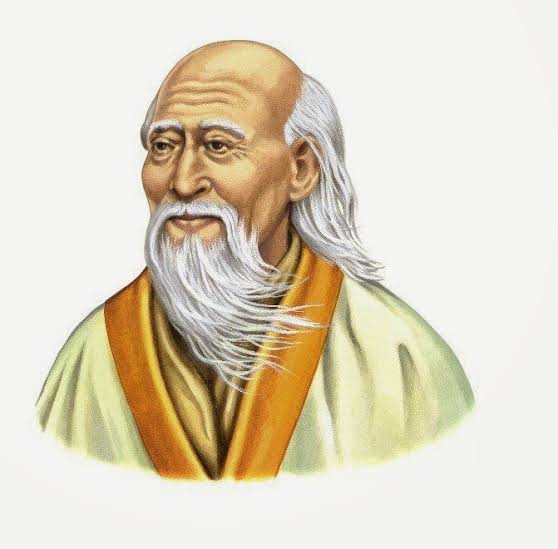
Laozi
Laozi, also known as Lao Tzu, is a legendary figure and a central figure in Chinese philosophy. Traditionally considered the author of the "Tao Te Ching," Laozi is believed to have lived in ancient China during the 6th century BCE.
A central figure in Chinese culture, Laozi is regarded as the founder of Taoism. He is revered as the ancestor of the Tang dynasty and honored as the progenitor of the common surname Li in modern China. In some Taoist sects and Chinese folk religion, he is believed t… Read More
by Laozi
The “Tao Te Ching” is a foundational text in Taoism, an ancient Chinese philosophical and religious tradition, written around 400 BC.
It is a collection of 81 short chapters, each containing poetic and philosophical verses. The text explores the concept of the Tao (Dao), which can be translated as the “Way” or the “Path.” The Tao represents the fundamental and unnameable force that underlies and unifies the universe.
… Read More
You might also like
by Marcus Aurelius
A special edition release only for cNFTCon attendees. Meditations is a series of personal writings by Marcus Aurelius, Roman Emperor from AD 161 to 180, recording his private notes to himself and ideas on Stoic philosophy.
Read More
by Sun Tzu
“The Art of War” is a Chinese military treatise written by Sun Tzu in the 5th century BC. It consists of 13 chapters, each of which deals with a different aspect of warfare and provides advice on strategy, tactics, and military organization. The central themes of the book are the importance of flexibility in adapting to changing circumstances, the value of strategic deception, and the need to understand and exploit the weaknesses of one’s opponent. The book is still widely read and studied… Read More
by Friedrich Nietzsche
“Thus Spake Zarathustra” translated from “Thus Spoke Zarathustra” is a philosophical novel written by the German philosopher Friedrich Nietzsche, published in four parts between 1883 and 1885. It is written in the form of a prose poem and is considered one of Nietzsche’s most significant and challenging works.
Read More
by Friedrich Nietzsche
“Beyond Good and Evil” is a philosophical book written by the German philosopher Friedrich Nietzsche. It was first published in 1886. The full title of the work is “Beyond Good and Evil: Prelude to a Philosophy of the Future”
The book is structured as a series of aphorisms, short paragraphs that express philosophical ideas or observations. In “Beyond Good and Evil,” Nietzsche critiques traditional moral and philosophical concepts, challenging established notions of truth, morality, r… Read More

